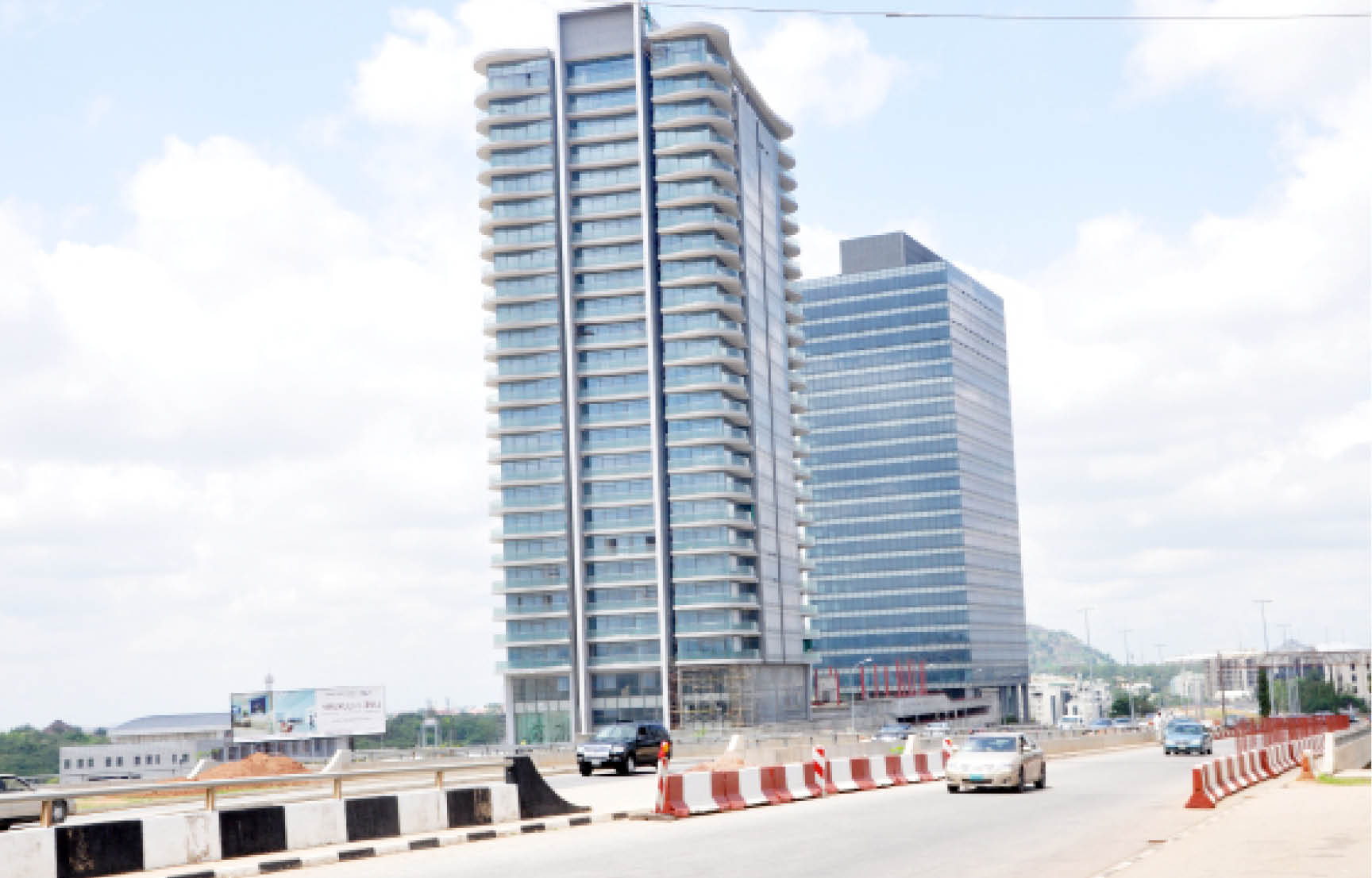As housing infrastructure expands in the urban centres, there are growing concerns over the rising environmental hazards caused by urban dwellers.
A recent statistics from World Demography show that about 54 per cent of Nigerians live in the urban centres.
Consequently, the Minister of Housing and Urban Development, Arc. Ahmed Musa Dangiwa, has called on directors and heads of town planning organisations in Nigeria to champion the development of inclusive, andsustainable cities that promote economic growth and resilience.
Dangiwa made the charge in his keynote address at the opening ceremony of the 2024 National Conference of Directors and Heads of Town Planning Organisations organised by the Federal Ministry of Housing and Urban Development in Akure, Ondo State, a statement by Badamasi Haiba, director press at the ministry has said.
- French teachers protest JAMB’s exclusion of pre-degree certificates
- EGYPT: WHO certifies Egypt malaria-free
Highlighting the theme “Effective Physical Planning as a Panacea for Integrated and Sustainable Urban Development in Nigeria,” Dangiwa pointed out that the nation’s urban population has risen sharply; growing from 15% in 1960 to 54% in 2022, with projections indicating that by 2050, 70% of Nigeria’s population will reside in urban areas
Dangiwa emphasised the urgency of addressing the challenges of unplanned urban sprawl, inadequate infrastructure and environmental sustainability.
“Nigeria is urbanising at a rate of 3.8% annually, and we are now over 50% urban. By 2030, nearly 60% of our population will live in cities. This rapid urban growth has resulted in unplanned expansion, which has negatively impacted infrastructure, mobility and access to basic services,” Dangiwa stated.
He cited the emergence of more than 360 new urban agglomerations between 2015 and 2020 as evidence of the spatial expansion that continues across the country.
The minister further noted that Nigeria’s cities are not only growing but also contributing to environmental challenges, including increased carbon emissions and inadequate waste management systems.
“Urban centres are responsible for 27% of Nigeria’s total carbon emissions, with energy, transport and industry being the main contributors. We must act now to address these challenges if we are to build sustainable and livable cities,” he stated.
Dangiwa outlined the ministry’s strategic initiatives to address these challenges. They include the comprehensive review of the 2012 National Urban Development Policy, which is soon to be approved by the Federal Executive Council, as well as the development of a National Policy on Rural Settlement Planning and a National Physical Development Plan aimed at promoting integrated and sustainable urban development.
He also announced the ministry’s collaboration with the World Bank on key projects, including the Urban Livability and Mobility Programme and a National Land Registration, Titling and Documentation Programme which to streamline land administration in Nigeria.
Ondo State Governor, who was represented by his Commissioner of Physical Planning and Urban Development, Gbenga Olaniyi, stated that the government was already taking steps to tackle the issue of mass entrance into the capital.
The governor said Ondo State, as a case study, has taken deliberate measures which include; effective waste management and development of master plans for major cities as modalities to ensure healthy environment.

 Join Daily Trust WhatsApp Community For Quick Access To News and Happenings Around You.
Join Daily Trust WhatsApp Community For Quick Access To News and Happenings Around You.


